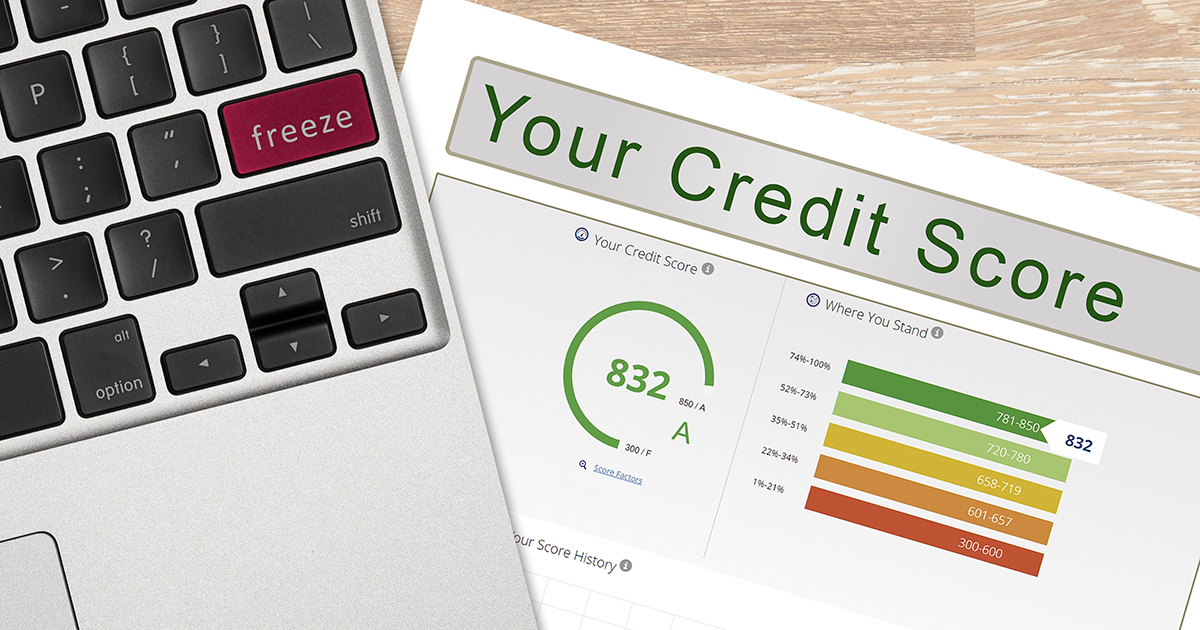The saying, “you get what you pay for” rings true for many products and services, such as a $13,000 car compared to a $300 one, but not in the case of your credit. Companies that promise fast, easy and high-cost fixes are sure signs of a credit repair scam.
Learn about common credit repair scams and how to avoid them, as well as tried and true ways to improve your credit score.
The scam
Some companies are trying to make a pretty penny to “help” you fix your credit. In this scam, the fraudsters targeted people through websites, phone calls, oh-so-convincing emails and even text messages promising to remove all negative items from credit reports to help boost scores. In addition, fraudsters claimed they’d add you as authorized users on other people’s credit cards to help boost your available credit and positive payment history.
Did you know that many state laws stipulate that a credit repair company must have a state-licensed credit repair attorney on staff to charge you for their services?
How Verve can help
If you think your Verve account is at risk because of a credit repair scam or any other type of scam, call Verve at 800.448.9228. One of our team members can review your account activity, as well as guide you on how to safeguard your account against fraud.
How to fix your credit (the legit way)
While there is no way to instantly repair your credit, a little time and hard work will lead to increased credit scores. Here are a few tips to get you started:
- Check your credit report often. You can get one free credit report from each credit reporting bureau (Experian, TransUnion and Equifax) each year through com, meaning you could space them out every four months to keep tabs on your credit throughout the year. Due to the pandemic and the havoc it wreaked on personal finances due to job loss, health-related issues and more, you can now get a free credit report weekly through April 2021. Carefully review your credit report to make sure all of the lines of credit listed on the report are really yours. If anything looks off, print the report, highlight the error, collect any documentation to support your dispute and send a letter to the reporting agency to dispute the credit error.
- Evaluate your current spending. While each credit monitoring company uses a slightly different formula to calculate lending risk, credit scores are determined by your payment history, amounts owed, length of credit history, new credit and credit mix. That means making your payments on time is crucial to building your credit. If a loss of income during the pandemic or your current spending habits make it difficult to make your payments on time, it’s time to re-evaluate your budget.
- Consolidate existing debt and limit new debt. While length of credit history is important to your credit score, so is reducing the amount you owe. If you have multiple credit cards and loans, debt consolidation may help you in the long run by lowering your interest rate and reducing the amount you pay over the life of the loan.
- Ask for a second set of eyes or a little advice. Whether you want another look at your credit report, need help outlining a realistic budget or just want to hear what others are doing to improve their credit scores, Verve is here to help. You can meet with a Verve financial coach (virtually and for FREE) and use our free online budgeting resources to reduce your debt, build credit and stress less about money.
It’s Verve’s goal—in line with our seven guiding Cooperative Principles—to provide education, training and information to help our members stay financially fit. Verve is committed to keeping our members educated when it comes to their finances by providing details on financial risks and ways to stay safe. Help your friends and family identify and avoid credit repair scams by sharing this blog post.













